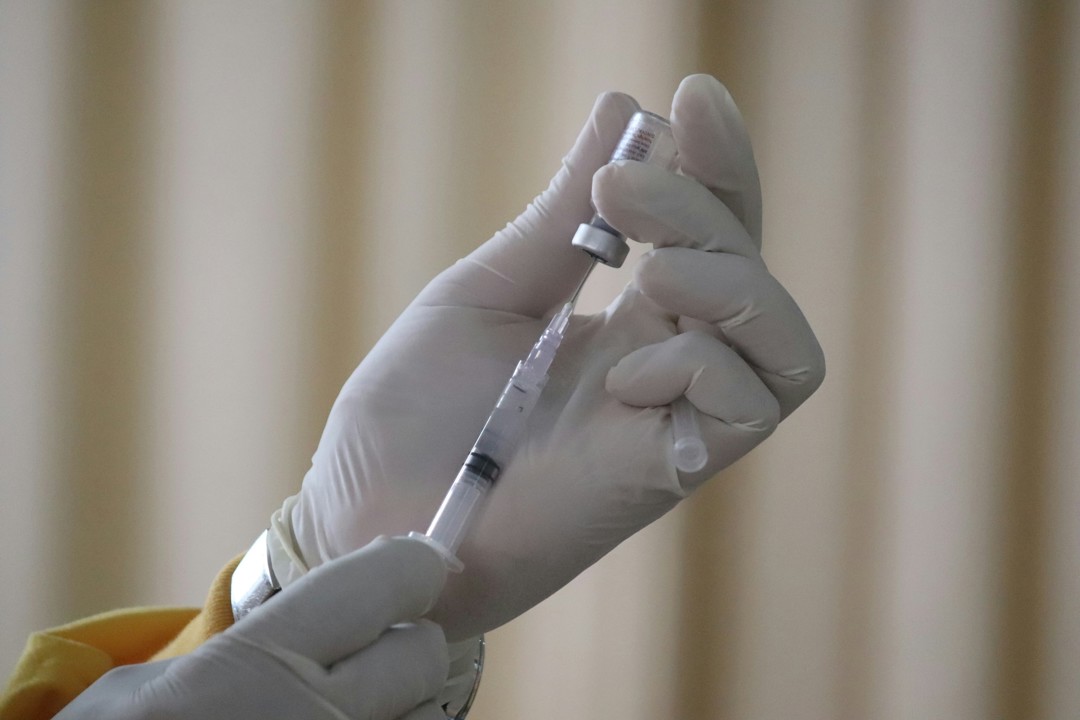Prompted by concerns about vaccine hesitancy following the COVID-19 pandemic, researchers at the University of Auckland led by Associate Professor Amy Chan used 1000minds software to study New Zealanders’ biggest concerns when it comes to vaccine characteristics.
Vaccine hesitancy is one of the top 10 biggest public health threats worldwide, according to the World Health Organization. Low COVID vaccination rates in many parts of the world raised fears about possible deadly future outbreaks of other vaccine-preventable diseases, such as measles.
According to previous studies, one way to combat vaccine hesitancy is to make sure that public-health messaging communicates information that people consider important.
To better understand what vaccine attributes are most important to the New Zealand public when making a decision about vaccination, in a first-of-its-kind study, the researchers surveyed 600 New Zealanders using 1000minds preferences research tools.
Survey participants were presented with a series of pairwise-comparison questions, each prompting the person to make a trade-off when choosing between different combinations of 13 vaccine characteristics.
For example, participants may have been asked to choose between a vaccine that is effective for life but has a small risk of severe side effects, or a vaccine that is only effective for one year but has almost no risk of severe side effects (Figure 1).
Figure 1: Example of a 1000minds pairwise-comparison question
The most important attributes were found to be adverse side effects, vaccine effectiveness and duration of protection from disease. The least important attributes were vaccine origin and development time and route of administration.
However, the results differed slightly for people who subscribe to conspiracy theories. Such participants cared most about how long the vaccine took to develop and how many doses are required for the vaccine to be effective.
The results of this study can be used to help public health officials improve vaccine uptake by providing information to citizens about the vaccine attributes they find most important.
Journal article
- A Chan, M Tao, S Marsh & H Petousis-Harris (2024), “Vaccine decision making in New Zealand: a discrete choice experiment”, BMC Public Health 24, 1-11
Media coverage
- Vaccine hesitancy: NZers fear ‘severe adverse effects’ – research (1news.co.nz)
- Researchers shed light on vaccine decisions – The University of Auckland
- Associate Professor at the University of Auckland Amy Chan on new research into vaccine hesitancy: February 20, 2024 | 95bFM
- Vaccine hesitancy concerns unveiled (hibiscuscoastapp.nz)
- University of Auckland researchers take look at vaccine hesitancy in New Zealand; conspiracy theories – New Zealand Herald [paywalled]
Share this post on:

